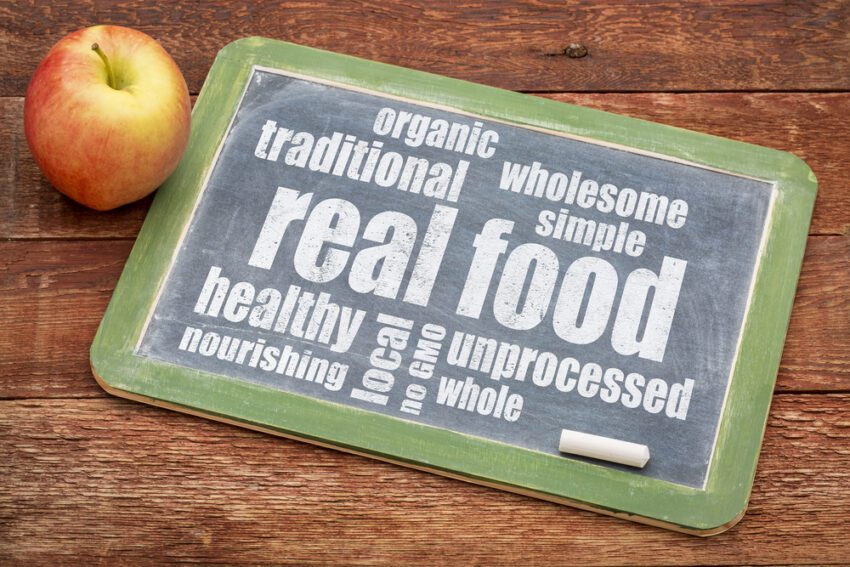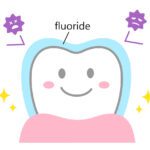
Just eat real food
I still hear most people demonize fat (especially saturated fat), salt, and cholesterol (especially eggs) despite a significant amount of research that says otherwise. Perhaps many decades of having it pounded into everyone will take some undoing.
I thought I’d collect some references to recent research that covers these maligned nutrients. There’s much more out there, but these are the most signicant ones from trusted sources.
Salt
This week a meta-analysis of seven studies involving a total of 6,250 subjects in the American Journal of Hypertension found no strong evidence that cutting salt intake reduces the risk for heart attacks, strokes or death in people with normal or high blood pressure.
It’s Time to End the War on Salt
Fat and Saturated Fat
The second study, published in the European Journal of Nutrition, is a meta-analysis of 16 observational studies. There has been a hypothesis that high-fat dairy foods contribute to obesity and heart disease risk, but the reviewers concluded that the evidence does not support this hypothesis. In fact, the reviewers found that in most of the studies, high-fat dairy was associated with a lower risk of obesity.
The Full-Fat Paradox: Whole Milk May Keep Us Lean
In fact, the new study finds “null associations” (to quote the authors) between total saturated fat intake and coronary risk. And a prior analysis that included more than 300,000 participants came to a similar conclusion.
Don’t Fear The Fat: Experts Question Saturated Fat Guidelines
By this logic, any excess of calories—whether from protein, carbohydrate or fat (the three main components, or “macronutrients,” in food)—will inevitably pack on the pounds. So the solution is also obvious: eat less, exercise more.
What Makes You Fat: Too Many Calories, or the Wrong Carbohydrates?
Cholesterol
Now, a new study that makes use of powerful databases of genetic information has found that raising HDL levels may not make any difference to heart disease risk.
Doubt Cast on the ‘Good’ in ‘Good Cholesterol’
After reviewing scores of studies that showed no correlation between dietary cholesterol and serum cholesterol, or “bad” cholesterol present in the blood, the committee determined that cholesterol was not “a nutrient of concern for overconsumption,” it wrote in its report.
Love to eat eggs? U.S. panel now says they’re not a health risk

